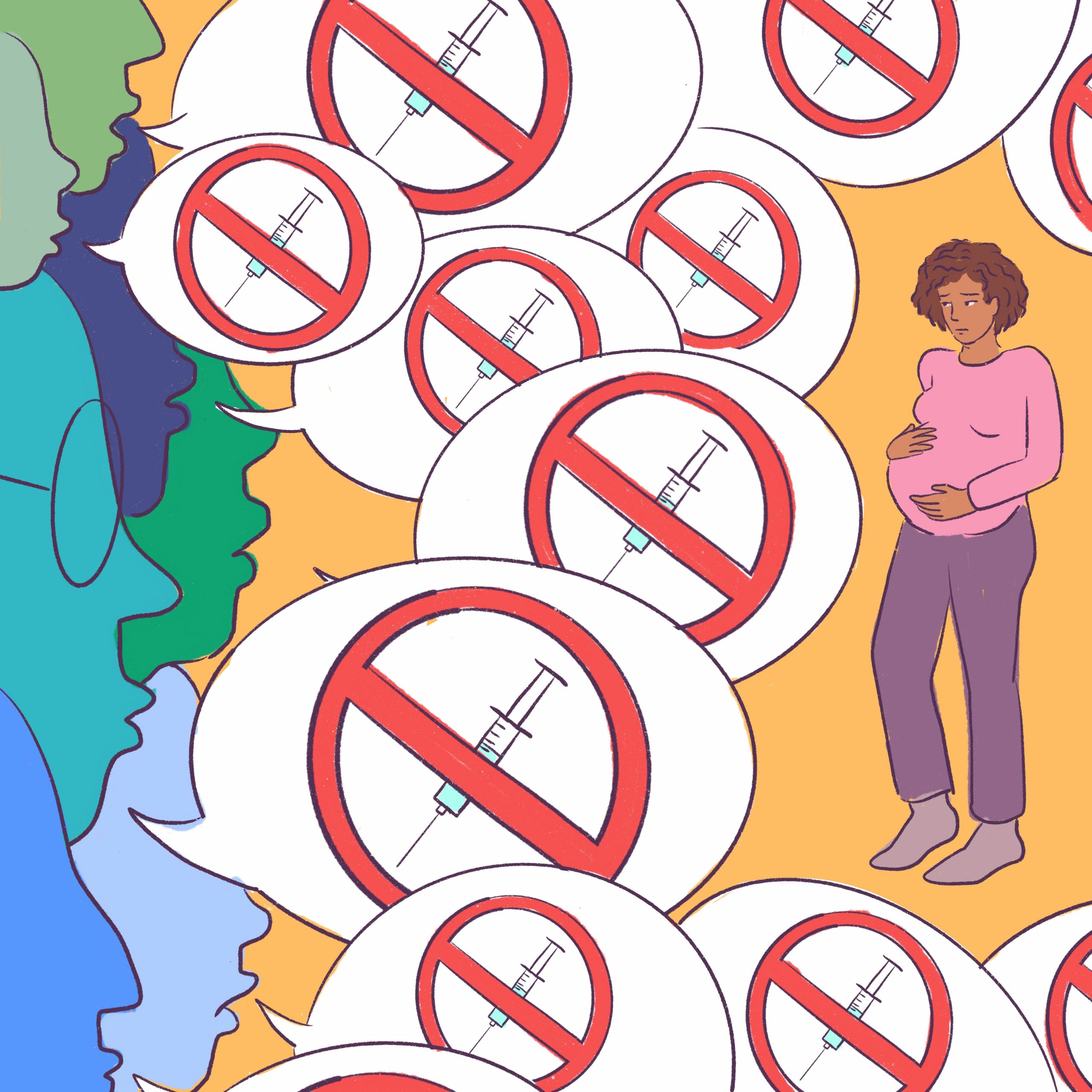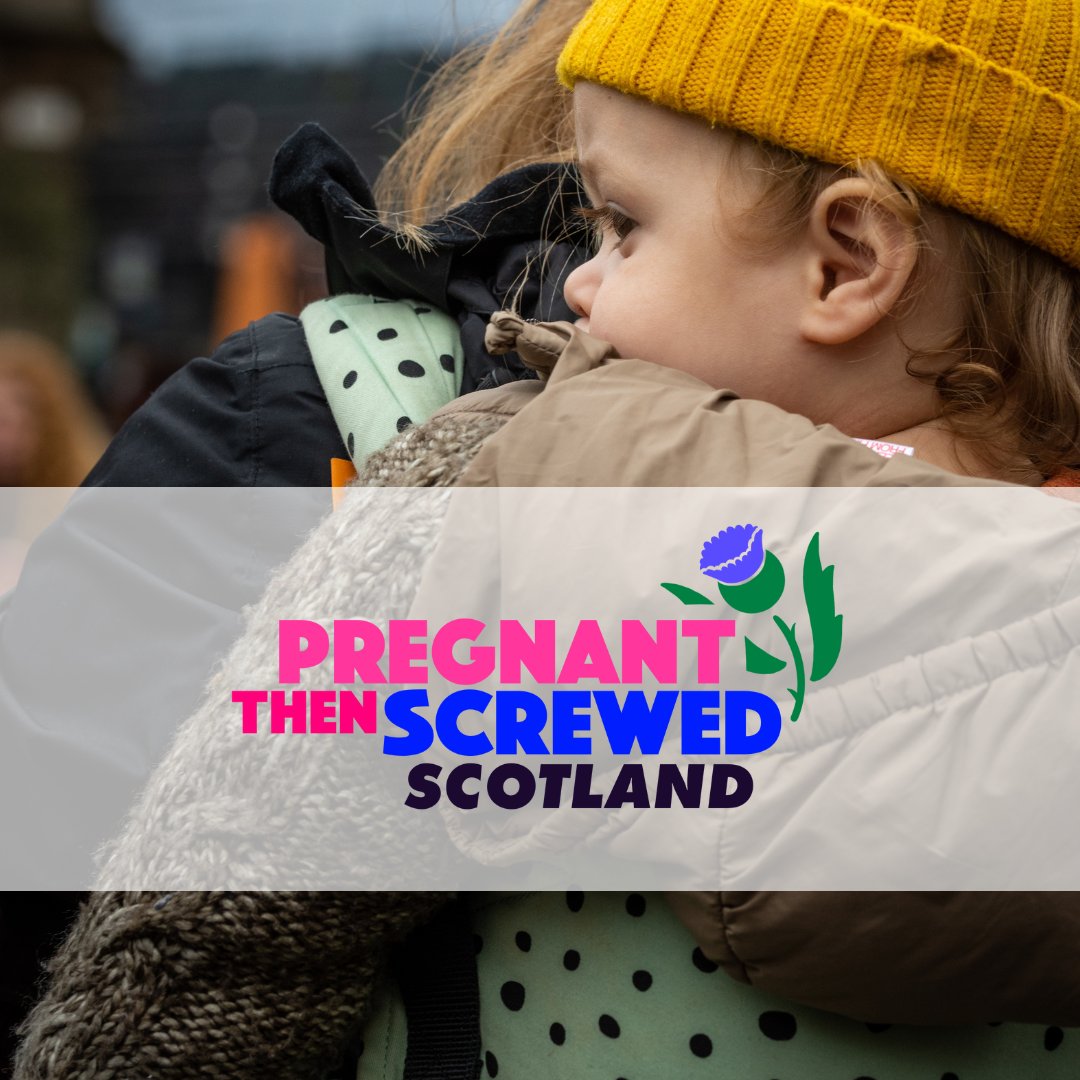22nd April 2020
Dear Mr. Hancock,
Just over a week ago, the family of nurse Mary Agyeiwaa Agyapong received the news that no one should ever hear; following an emergency c-section to deliver her baby, she had died from Covid-19. Whilst the full circumstances of how Mary came to contract the coronavirus are not yet understood, we do know that she was working on the frontline of this crisis whilst she was pregnant, including in her first and second trimesters. Mary’s death was tragic and, whether or not it was preventable, the circumstances leading up to her death are all too common.
Since 16 March 2020, in its Guidance on social distancing measures, the Government has included pregnant women on the list of people considered ‘vulnerable’ to severe illness if infected with Covid-19. Accordingly, the Government’s published Guidance has been for all pregnant women to be “particularly stringent” in adhering to social distancing measures. For these groups, the Government’s advice is clear: that “social mixing in the community” is “strong advised against”; that “having friends and family to the house” is “strongly advised against” and that both “home working” and “using less public transport” is “strongly advised”. The inclusion of all pregnant women in the list of groups to whom advice is given to be “particularly stringent” in relation to social distancing measures is important because it is not restricted to those pregnant women who are in their third trimester (over 28 weeks). We agree with this Guidance.
Nevertheless, the Royal College of Obstetricians & Gynaecologists (RCOG) has issued guidance (published on 30 March 2020 and updated on 21 April 2020) in the form of “Occupational health advice for employers and pregnant women during the Covid-19 pandemic” in which it draws a distinction between pregnant women in their first and second trimesters (before 28 weeks) and those in their third trimester (after 28 weeks). The starting position of the RCOG is that there is “as yet” no robust evidence that pregnant women are more likely to contract Covid-19 than the general population; but that pregnant women in their third trimester (after 28 weeks) are more likely to become seriously unwell if they become infected.
The RCOG’s Guidance, as updated this week, does note that significant protection in law for pregnant healthcare workers already exists and must be followed and that NHS employers should do “everything possible” to maintain the health of their pregnant employees. We welcome this and, indeed, the updated advice came about as a result of feedback from individuals and charities, like us, supporting pregnant women.
However, the RCOG Guidance goes on to advise that pregnant healthcare workers in their first and second trimesters (before 28 weeks) can continue working generally in roles which are not directly patient-facing and can continue working in directly patient-facing roles, so long as a specific risk assessment supports this. As regards those women in their third trimester (after 28 weeks), the RCOG Guidance makes clear that they should not continue working at all and certainly not in direct patient-facing roles, with the caveat that, where a risk assessment supports it, continuing to work (although not in direct patient-facing roles) might be possible.
Our research has shown that 34% of pregnant NHS workers continue to work in environments they consider unsafe. We also note that any pregnant woman who is required to leave her home in order travel to and from work is not only put at additional risk but is also in breach of the Government guidance on social distancing measures.
Accordingly, we are concerned that the RCOG’s position is at odds with the Government’s published position in relation to pregnant women (which is that all pregnant women are included in the list of those who are “strongly advised” to be particularly stringent in adhering to social distancing measures). We wholeheartedly agree with the Government’s more cautious approach.
Moreover, we note that it is not the place of the RCOG to provide advice or guidance on the employment obligations of the NHS towards its pregnant workers. The remit of the RCOG is: “to improve the standard of care delivered to women, encourage the study of obstetrics and gynaecology (O&G), and advance the science and practice of O&G”. Appropriate guidance should and must come from Government, via Public Health England and the Department of Health.
The Management of Health and Safety at Work Regulations 1999 (Regulations 16, 16A and 22) apply to all pregnant workers, not just those in their last trimester and the effect of the Regulations is clear: a specific risk assessment in respect of pregnant workers must be carried out in all cases, with connected obligations to consider alternative duties or maternity suspension (on full pay). Despite this, we are aware of NHS Trusts who are quoting the RCOG guidance, telling pregnant healthcare workers that they must continue to attend work during their first and second trimesters. This contravenes the letter and spirt of the Government’s guidance on social distancing measures for pregnant women.
Whilst Covid-19 may be similar to other respiratory infections such as SARS or MERS, it is also apparent that it differs in important respects and research is still too premature to determine that pregnant women in their first two trimesters are no more at risk than the general population, especially when working on the frontline caring for patients. These concerns, coupled with the well-documented lack of PPE, results in unacceptable risk to the health of pregnant workers and their babies.
We, therefore, call on you:
- to instruct an urgent review by Public Health England and/or the Department of Health with a view to publishing Government guidance on the employment of pregnant healthcare workers during the Covid-19 pandemic; and
- to ensure that such guidance makes clear that existing legislation (Management of Health and Safety at Work Regulations 1999) requires NHS employers to carry out individual risk assessments for each of their pregnant workers and, where a risk exists – as it clearly does during this pandemic – steps must be taken to alter that woman’s working conditions to ensure that she can adhere to strict social distancing measures. This may be achieved by home-working or, where that is not possible, by maternity suspension on full pay, until the risk to her no longer exists.
It is not appropriate to delegate your obligations to the RCOG, whose statutory remit does not extend to advice on the employment of pregnant workers.
We appreciate how much pressure our NHS is under; we know that it is at breaking point and that staffing levels are critical to combatting this pandemic. However, pregnant healthcare workers cannot and should not be collateral damage. Life will return to relative normality for many of us long before it does for healthcare workers; and the conditions in which they work and the threat of infection that they face will not disappear when this lockdown ends. Supporting our NHS workers during this time is not just about clapping or funding: it is about ensuring their safety. You have the power and the obligation to do that for pregnant healthcare workers and we implore you to do so.
Signed,



